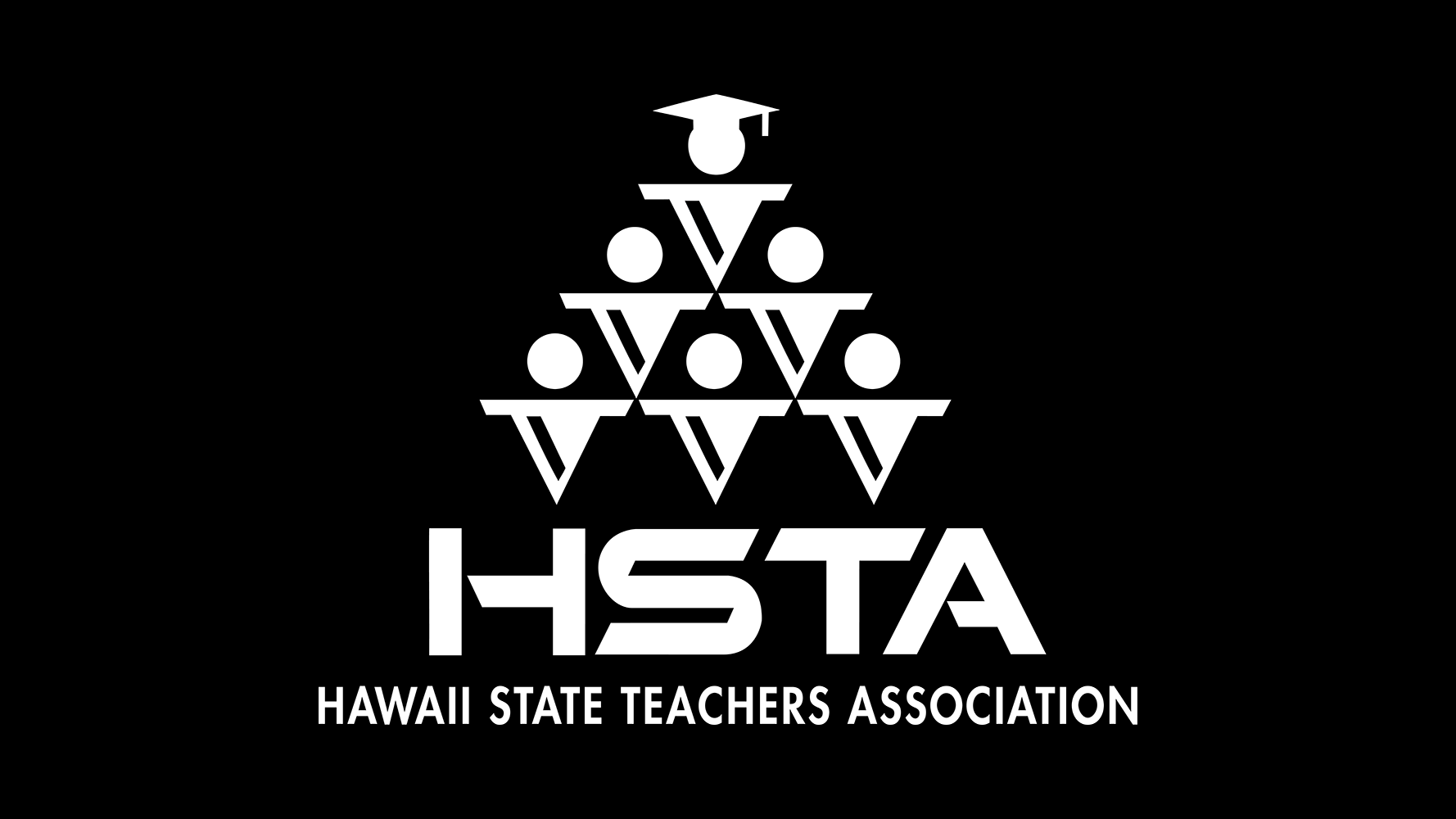On May 31, HSTA’s Human and Civil Rights Committee issued this statement and call to action against systemic racism, oppression, and violence.
Now, we want to hear from you. On Wednesday, June 24, from 4–6 p.m., we invite fellow members to join us for a listening session to reflect on these issues, share your thoughts, and generate ideas for mindful change.
You must be an active HSTA member to participate in our first listening session. We plan to hold future events to engage all educational stakeholders and community members. Once you register, we will verify your membership then send you a unique link to join. A password will be provided in your confirmation email.
Please note this session will be recorded for internal purposes only. If you do not feel comfortable participating, please use this form to share your input.
HSTA CARES
This is the first step in HSTA CARES (Culture, Advocacy, Respect, Equity, Support), our new initiative to integrate social justice principles into education to create schools and communities that are safe, inclusive, and equitable for all keiki.
We offer the following terms and prompts to encourage productive reflection.
Racism
“Historically rooted system of power hierarchies based on race—infused in our institutions, policies, and culture—that benefits white people and hurts people of color. Racism isn’t limited to individual acts of prejudice, either deliberate or accidental. Rather, the most damaging racism is built into systems and institutions that shape our lives.” [1]
Implicit bias
“Attitudes that unconsciously affect our decisions and actions. People often think of bias as intentional, i.e. someone wanted to say something racist. However, brain science has shown that people are often unaware of their bias, and the concept of implicit bias helps describe a lot of contemporary racist acts that may not be overt or intentional. It is possible to interrupt implicit bias by adding steps to decision-making processes that thoughtfully consider and address racial impacts.” [1]
White fragility
“White Fragility is a state in which even a minimum amount of racial stress becomes intolerable, triggering a range of defensive moves. These moves include the outward display of emotions such as anger, fear, and guilt, and behaviors such as argumentation, silence, and leaving the stress-inducing situation. These behaviors, in turn, function to reinstate white racial equilibrium.” [2]
Black Lives Matter
“#BlackLivesMatter was founded in 2013 in response to the acquittal of Trayvon Martin’s murderer. Black Lives Matter Foundation, Inc is a global organization in the US, UK, and Canada, whose mission is to eradicate white supremacy and build local power to intervene in violence inflicted on Black communities by the state and vigilantes. By combating and countering acts of violence, creating space for Black imagination and innovation, and centering Black joy, we are winning immediate improvements in our lives.” [3]
1. Racial Justice in Education Resource Guide, NEA Human and Civil Rights.
2. DiAngelo, Robin. (2011). “White Fragility.” International Journal of Critical Pedagogy, 3(3).
3. “About.” Black Lives Matter.
Questions
Personal/classroom experience
- What is your experience with Black Lives Matter? Do you see anti-Black bias in your classroom, school, community?
- How do these experiences impact your students?
- Do other situations of racism occur in your classroom? School? Community?
- How can you change this? What support would you need?
Racism in school
- Do you feel comfortable talking about BLM and/or racism with your students? With your colleagues? Why or why not?
- Is racism embedded in curriculum? Are histories and experiences of marginalized communities included?
- What do you consider to be racist rules or policies? How should they be changed?
Historic/systemic racism
- How would you like to see BLM and/or racism addressed as a whole? How can HSTA help?
- What would a public school look like, feel like, sound like if it were systemically fair and equitable?
Self-reflection
- Why is “all lives matter” problematic?
- How is “color blindness” harmful?
- Do I carry implicit bias? How does this bias affect my actions and interactions?
If you are unable to attend our HSTA CARES listening session but would still like to contribute, please submit your ideas and feedback here.
Resources
We've highlighted a view here, but please visit this page to view our growing collection of Black Lives Matter and racial justice resources.

